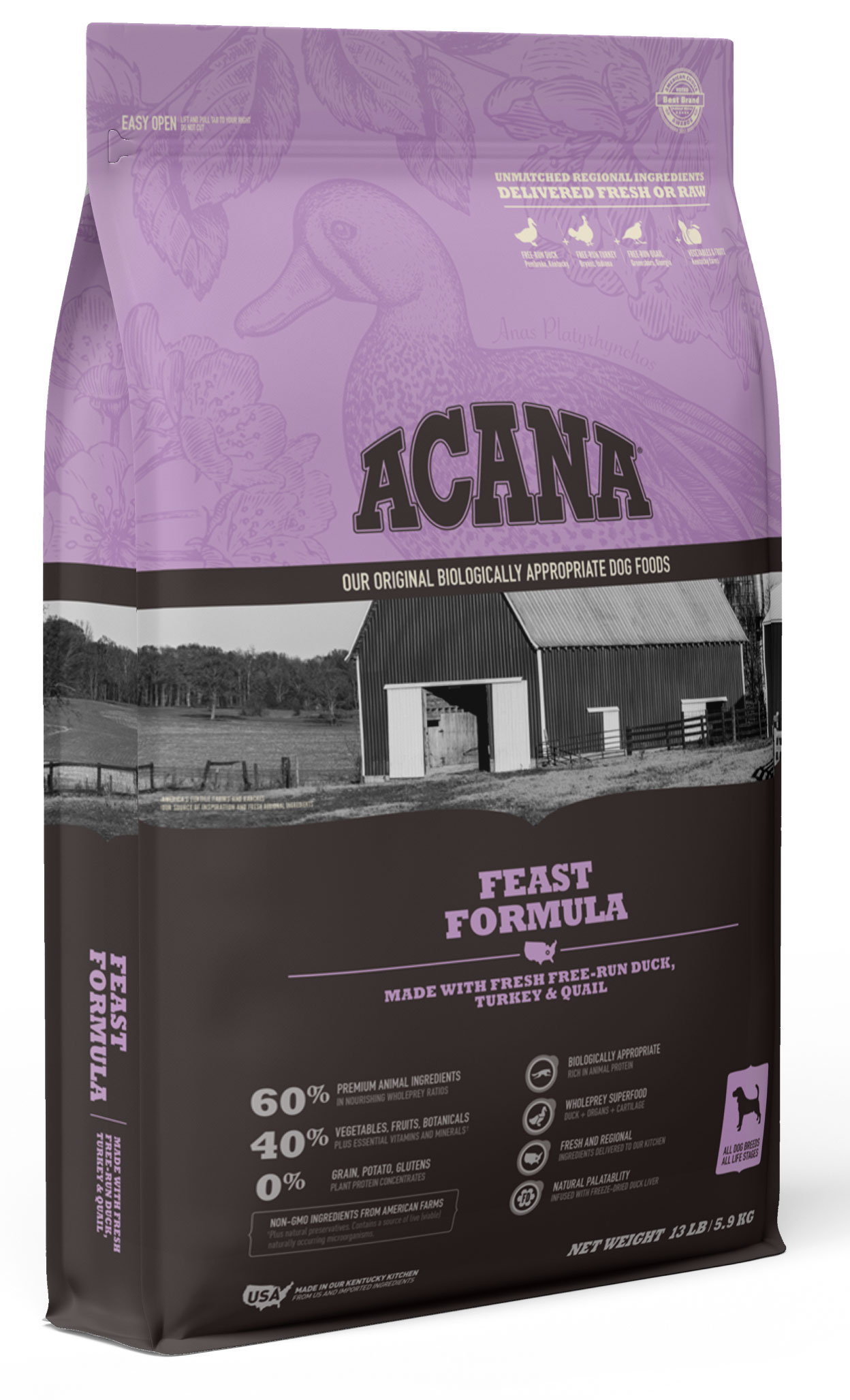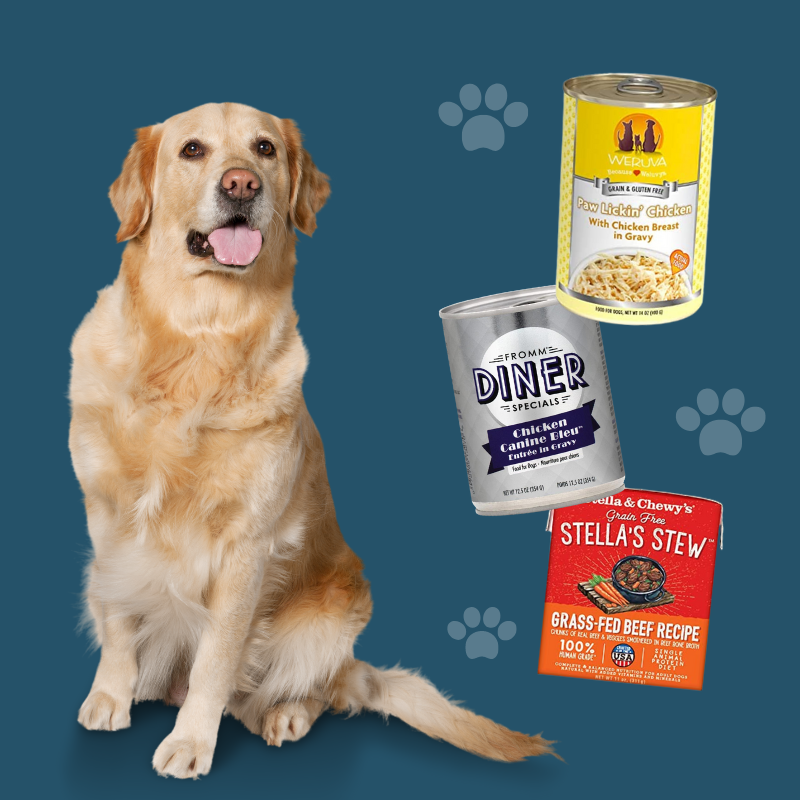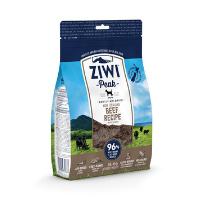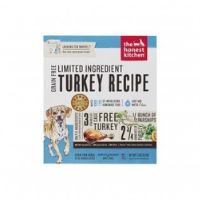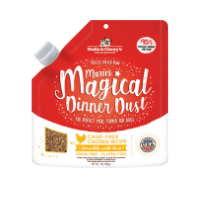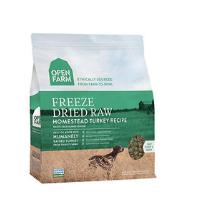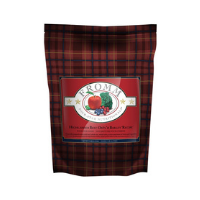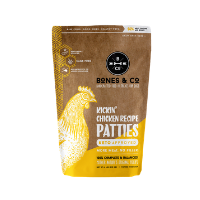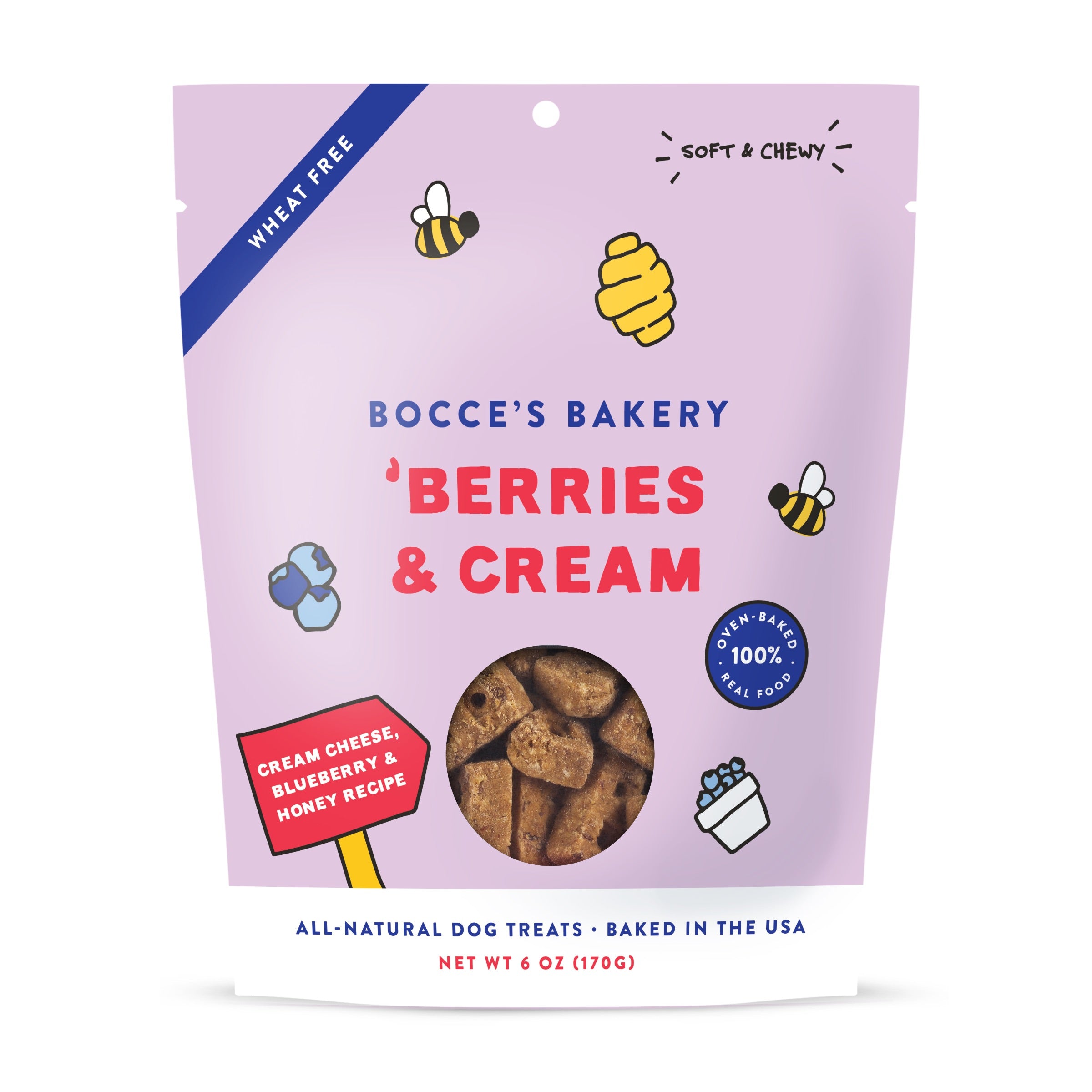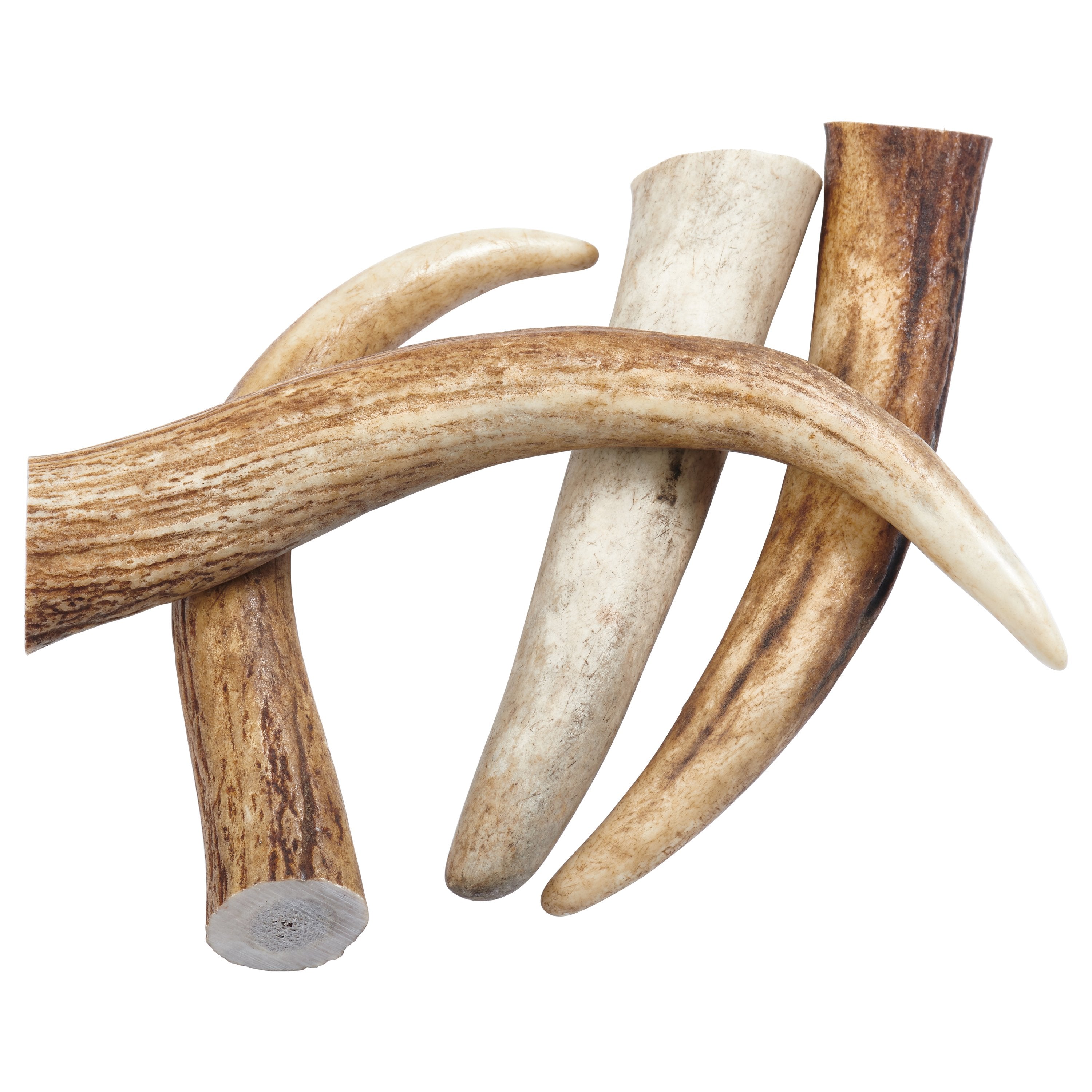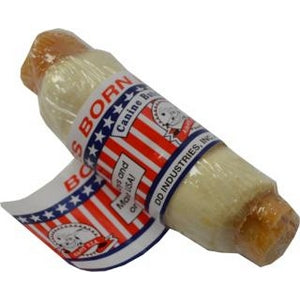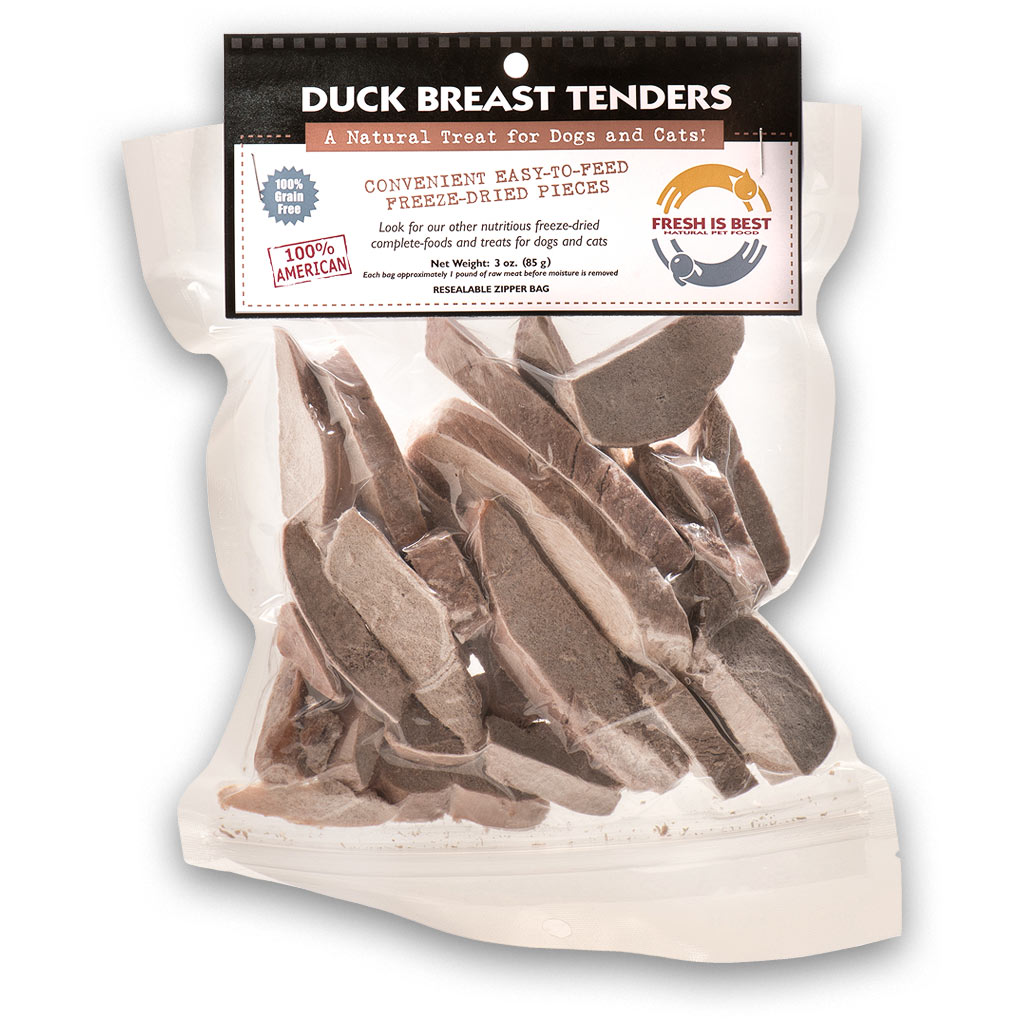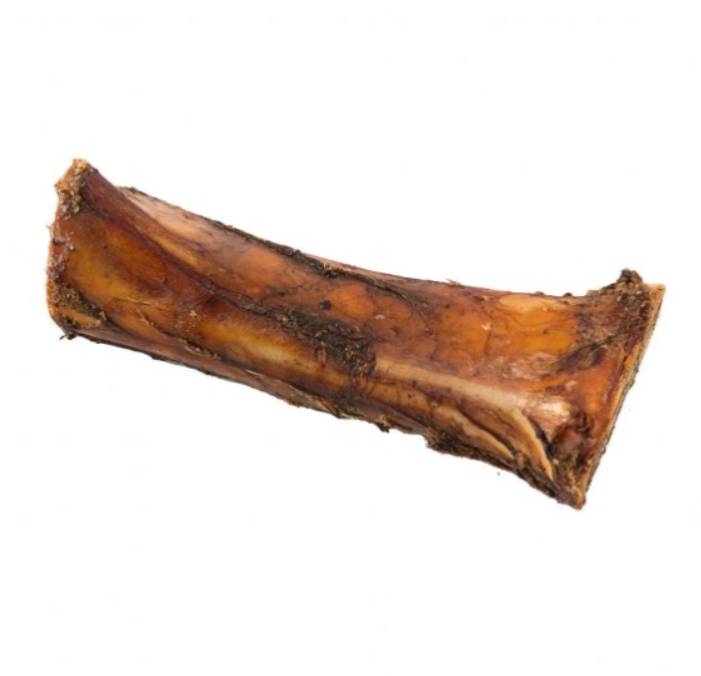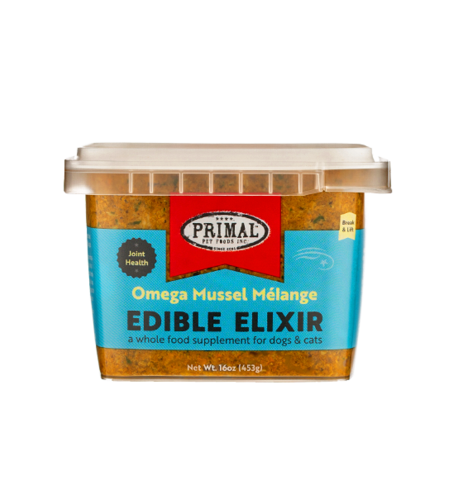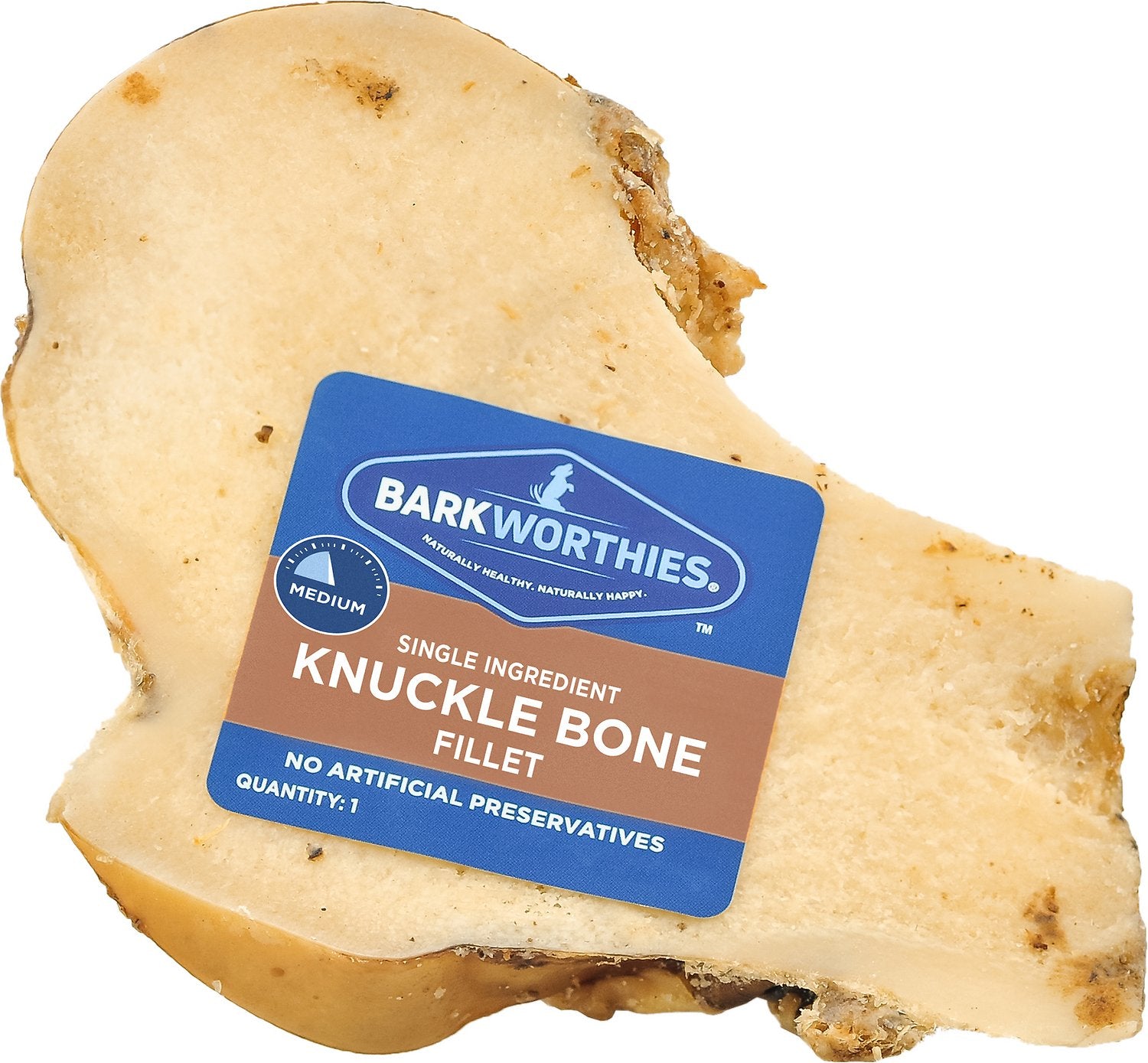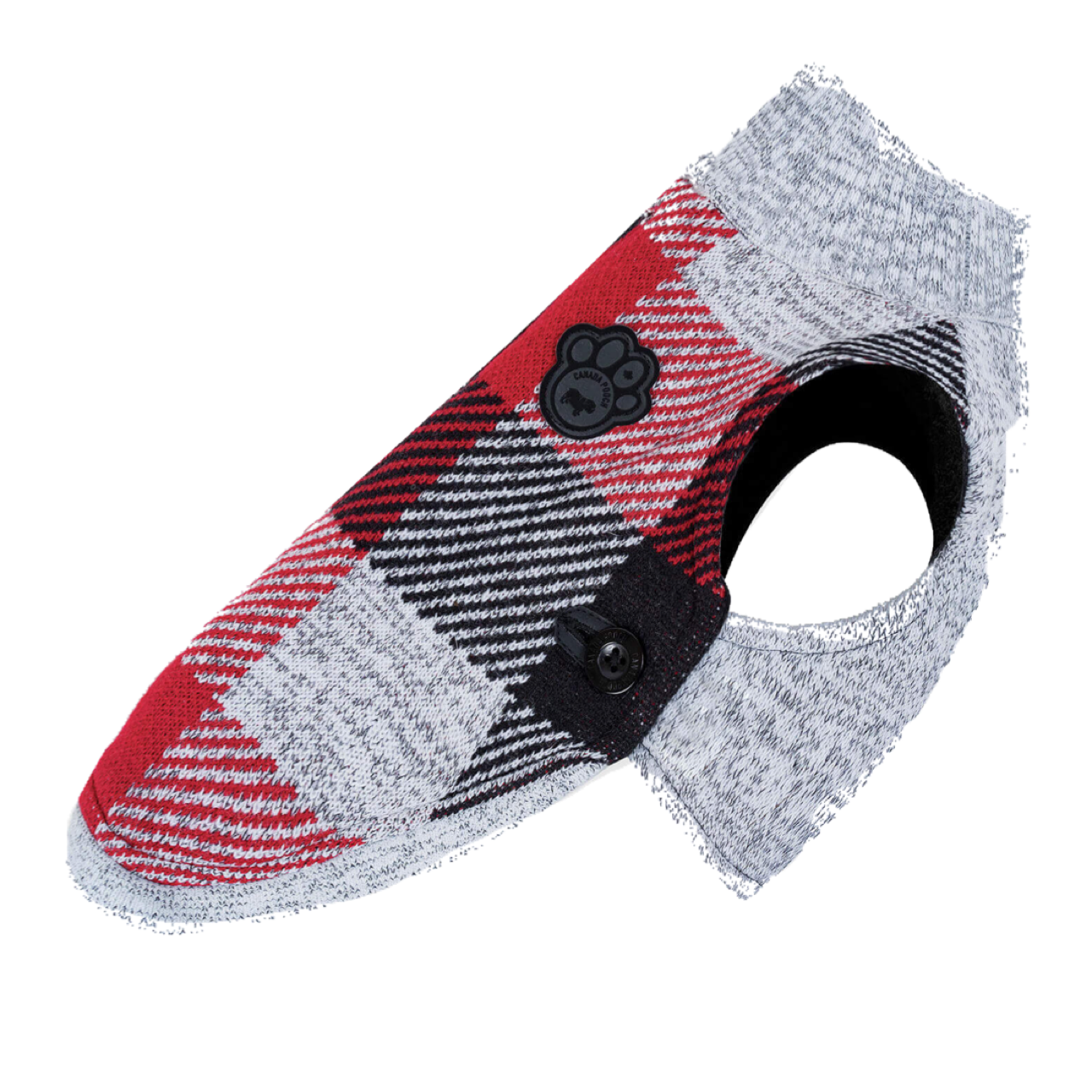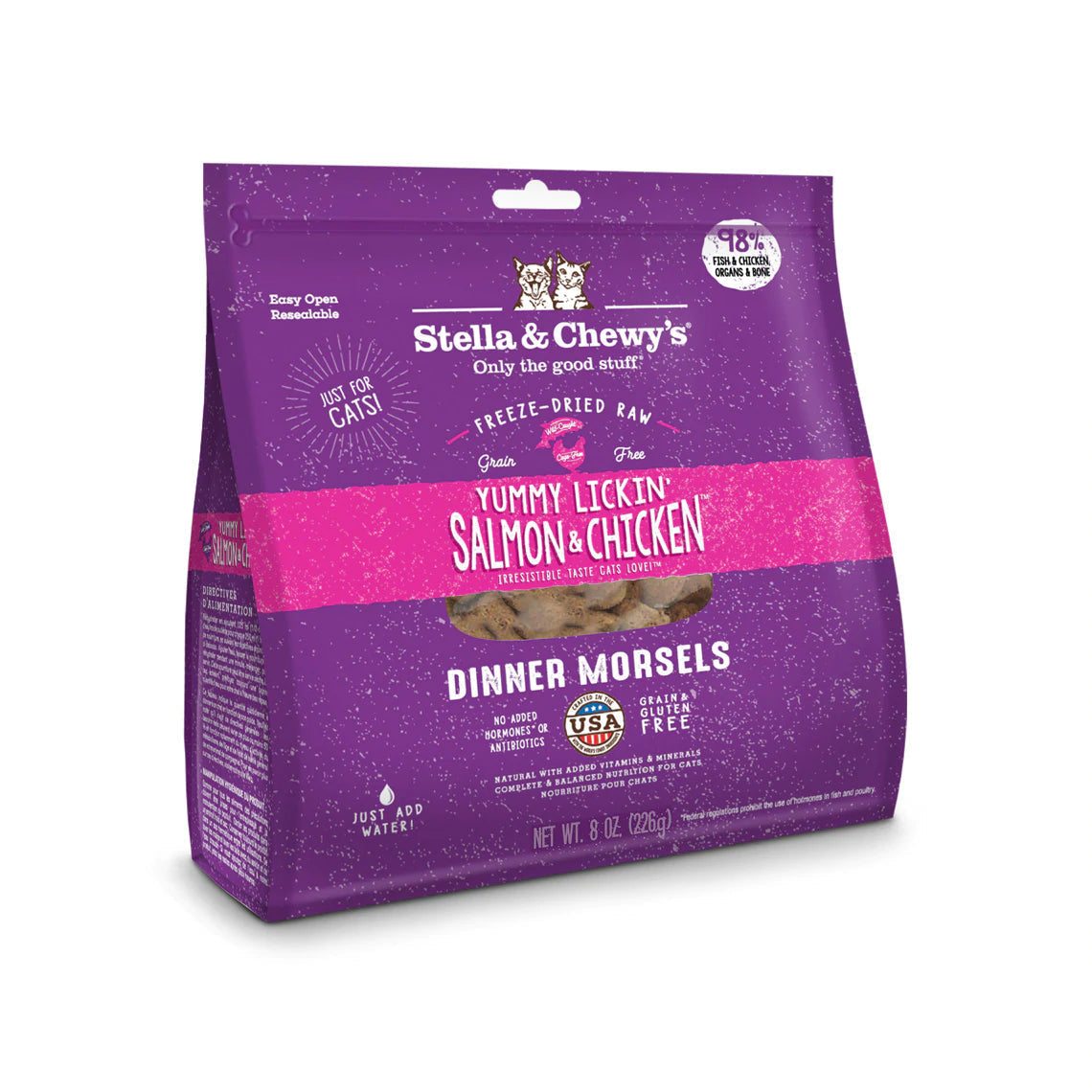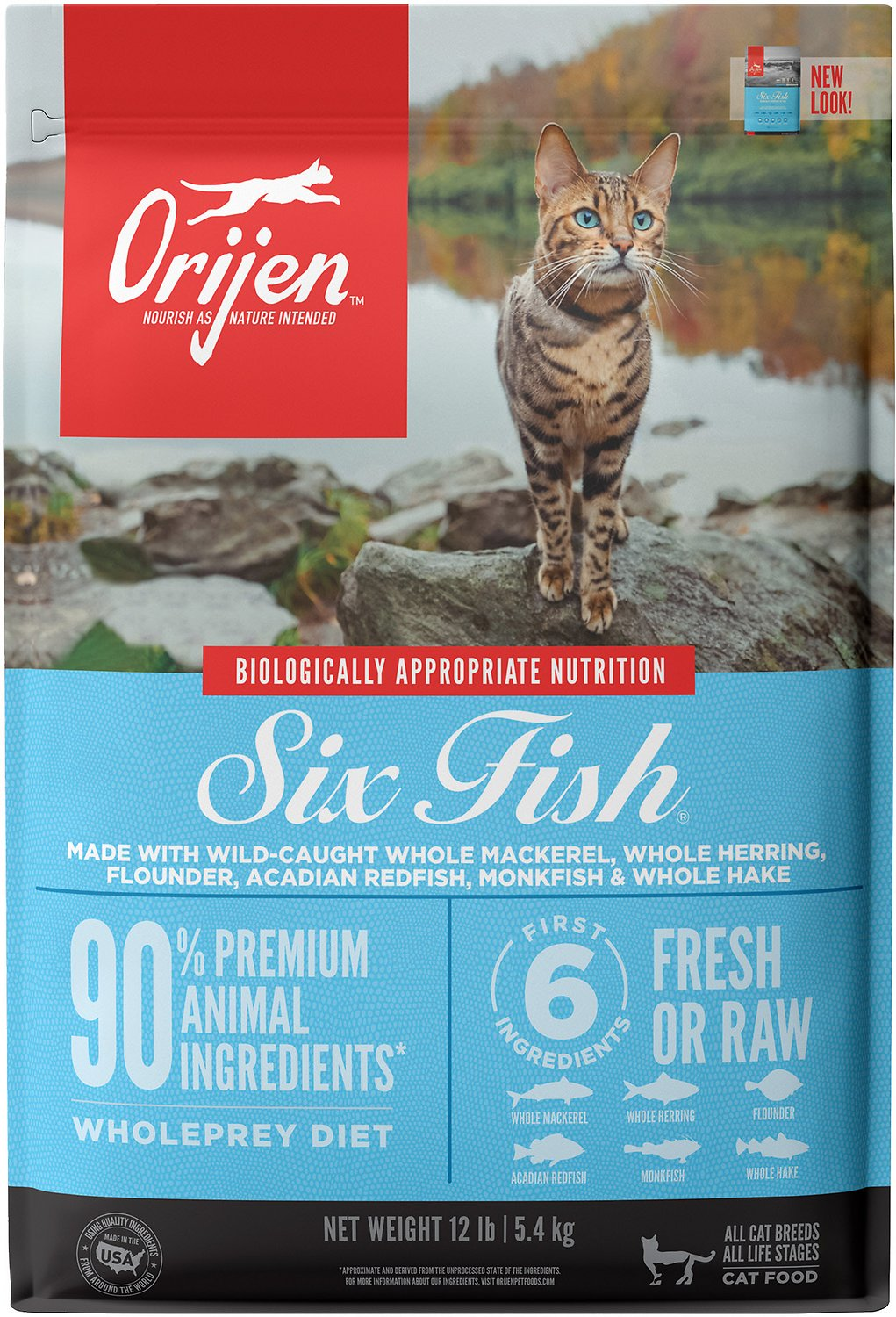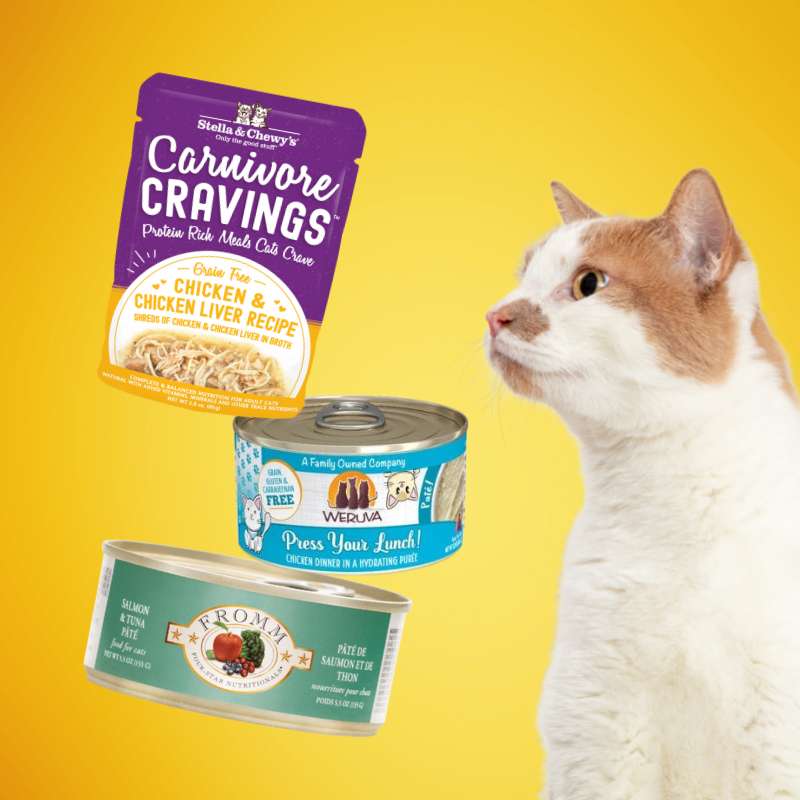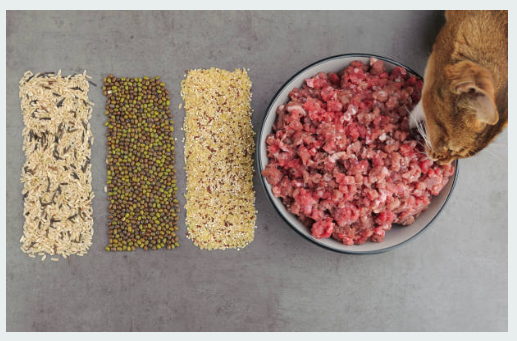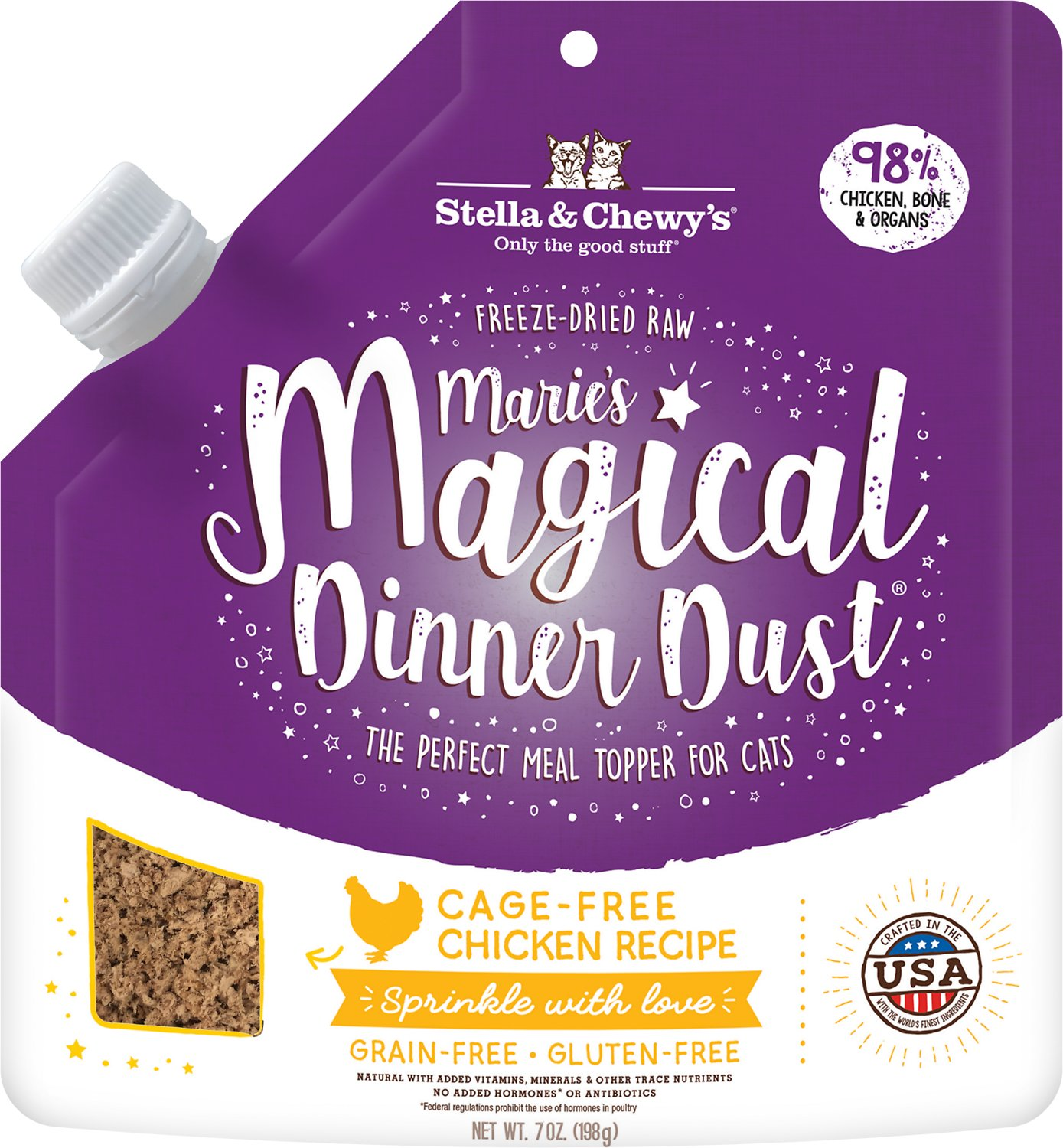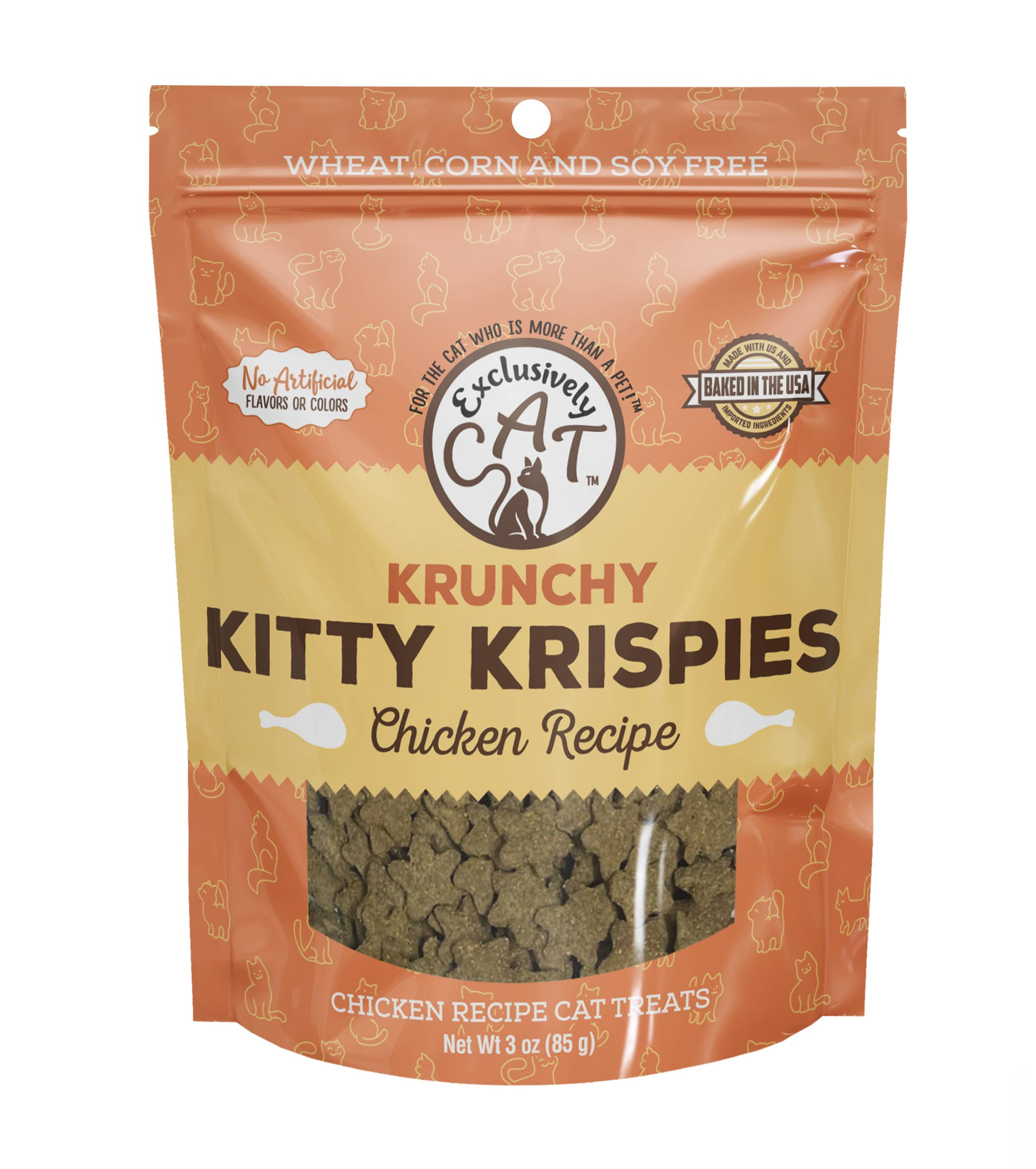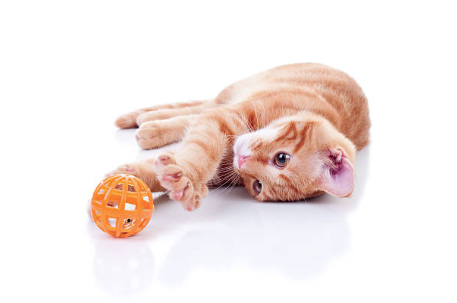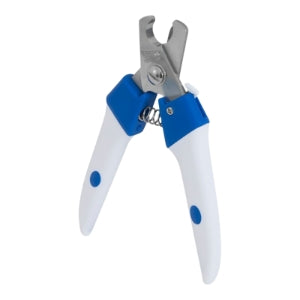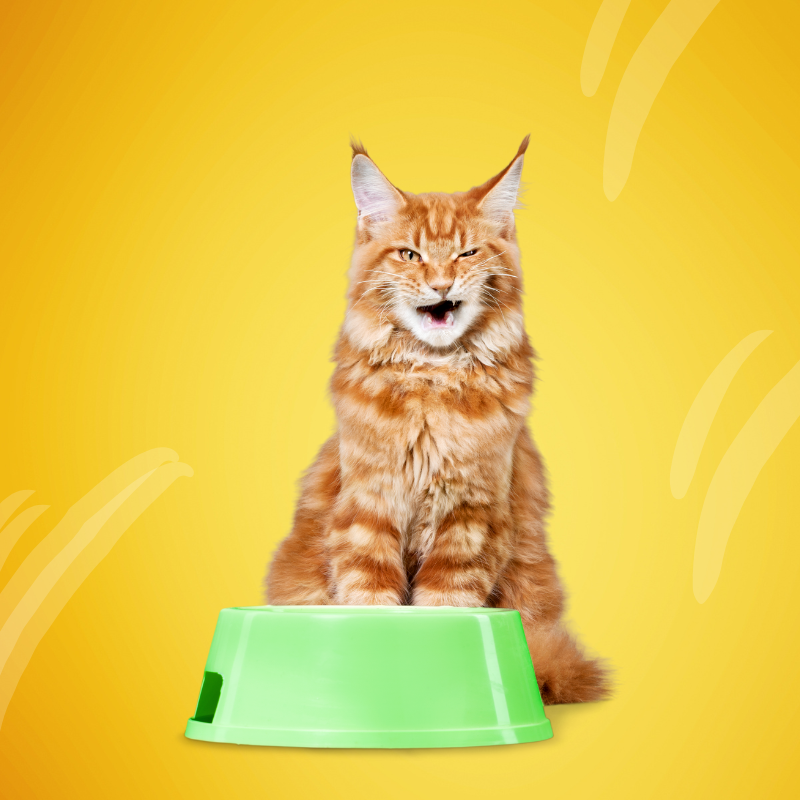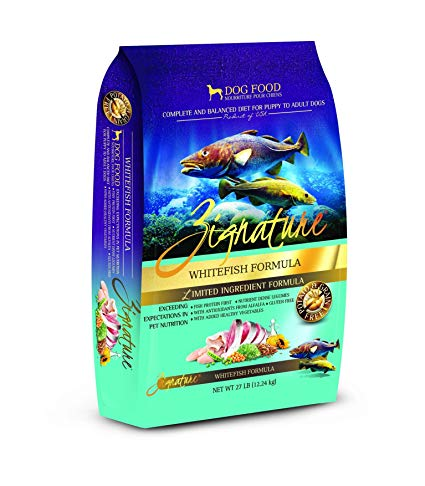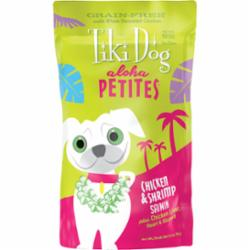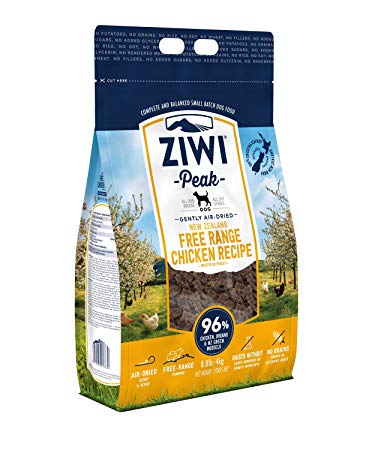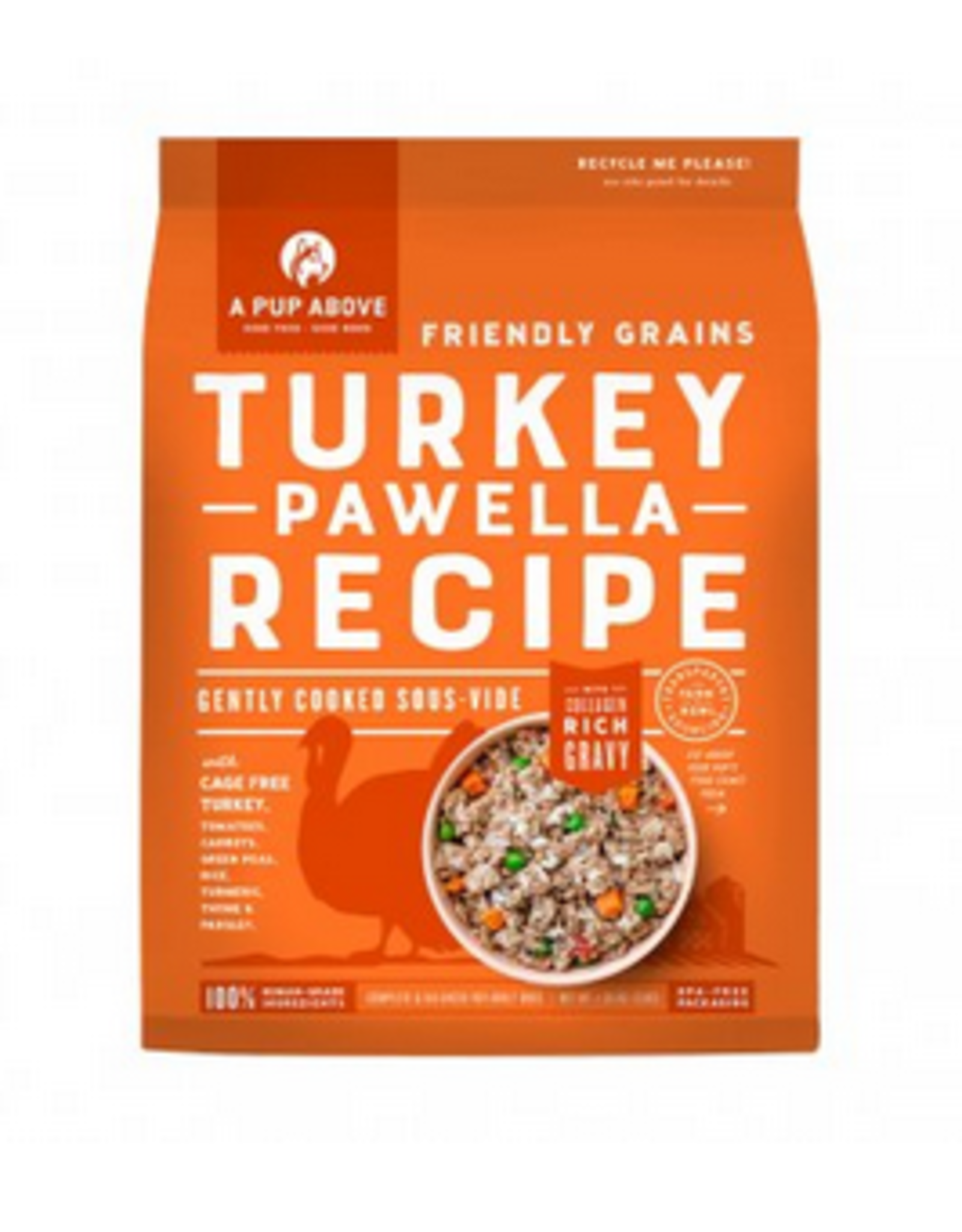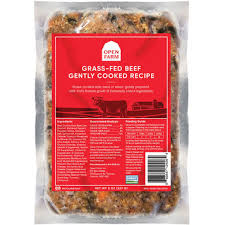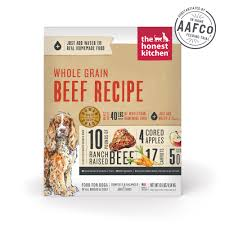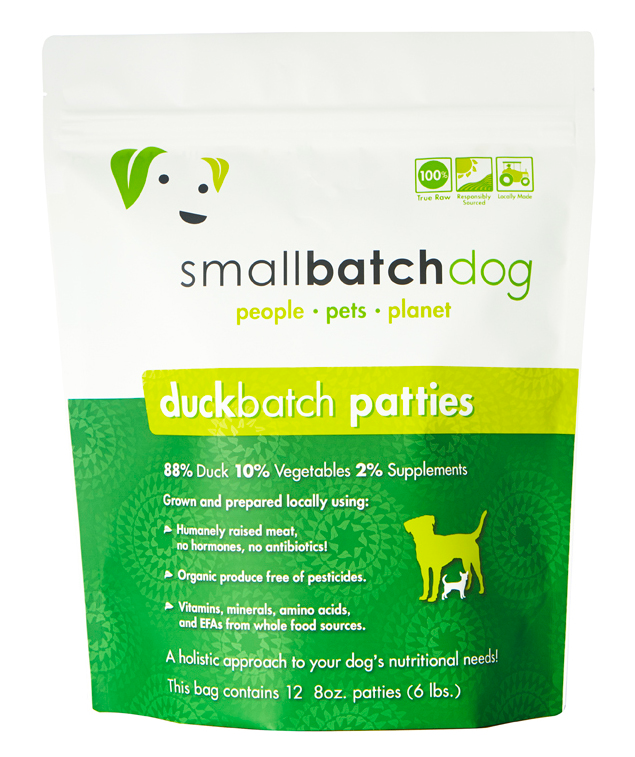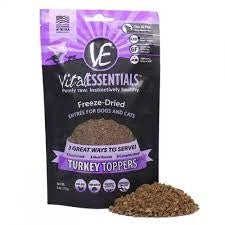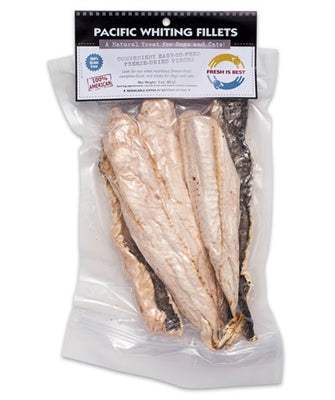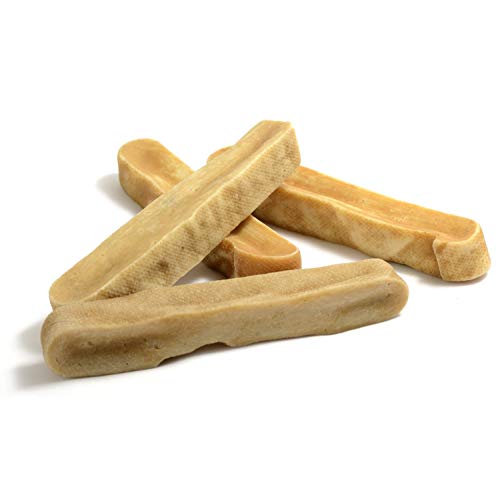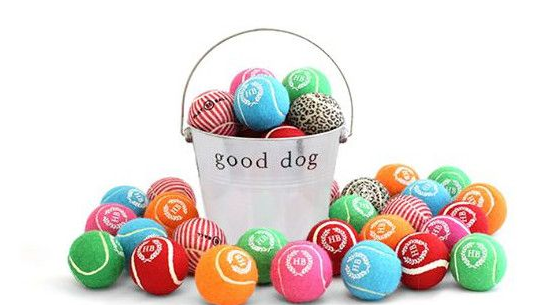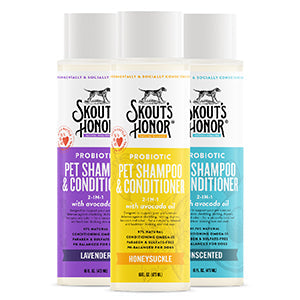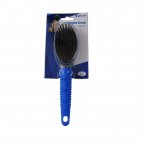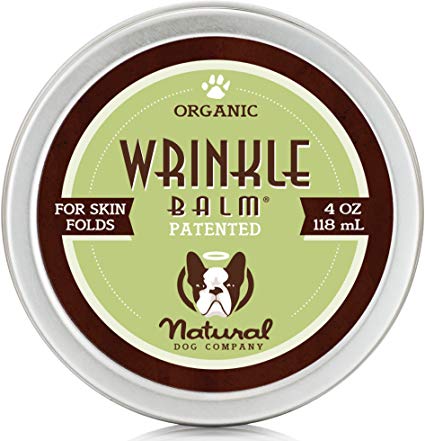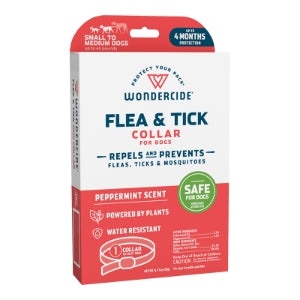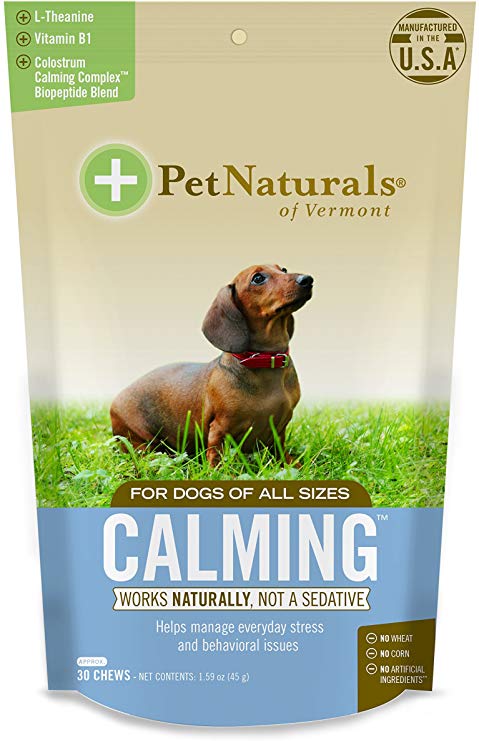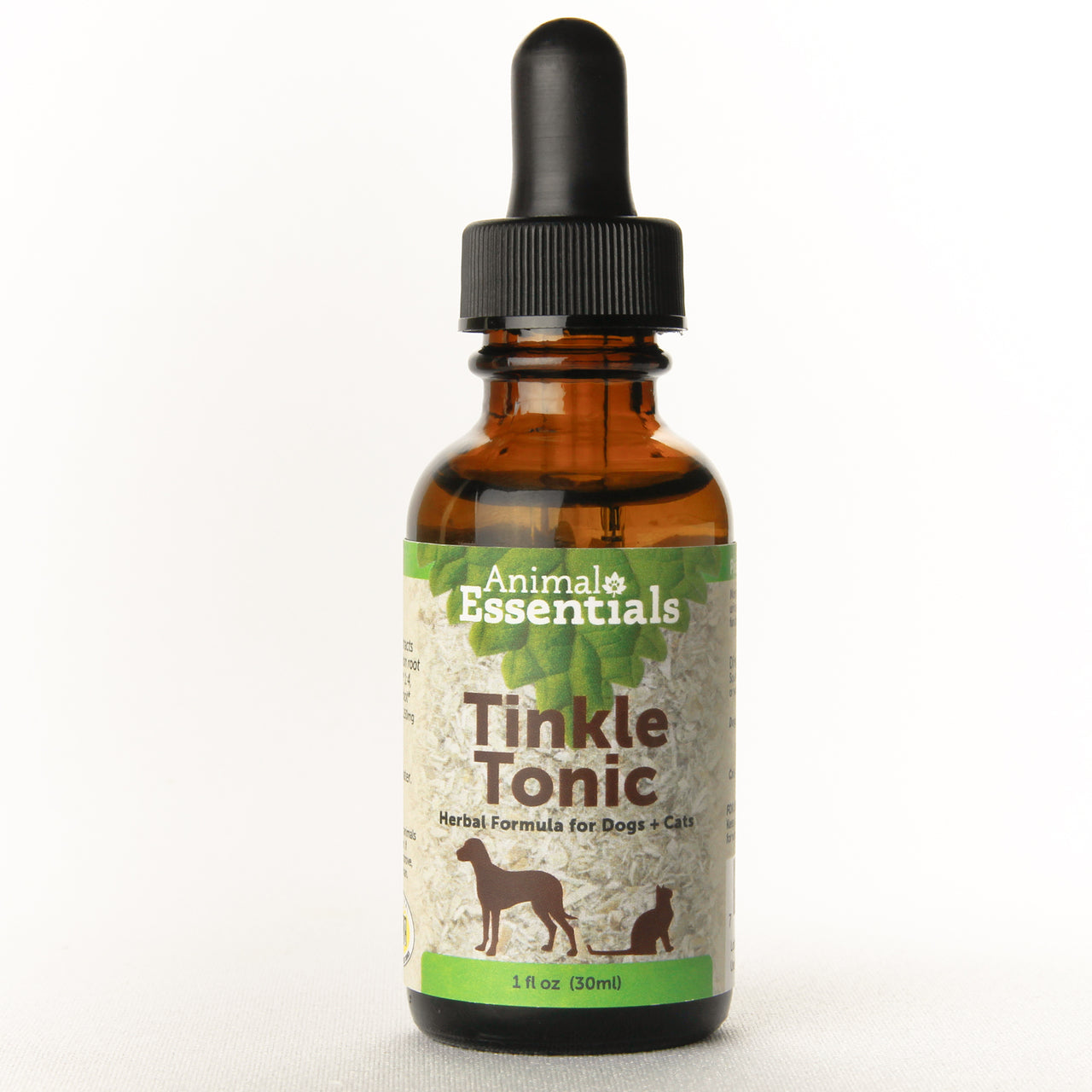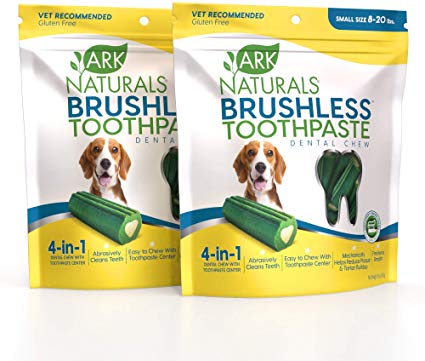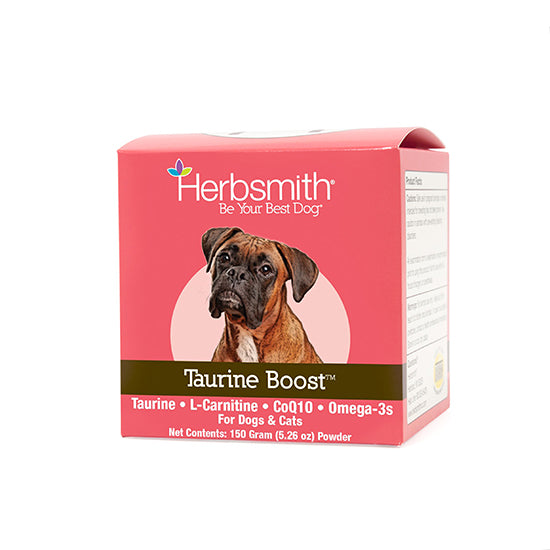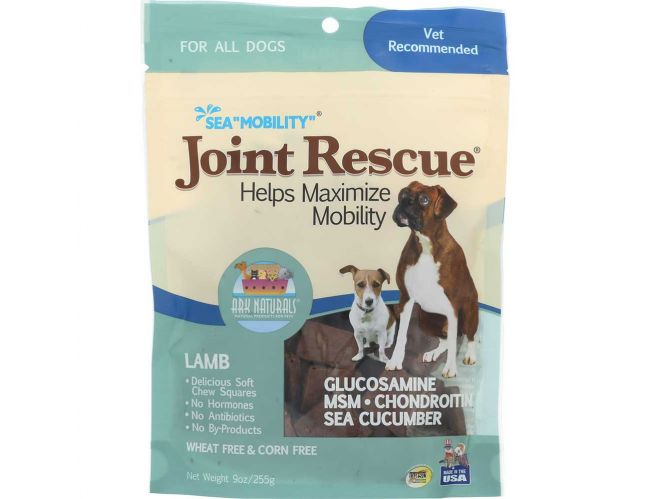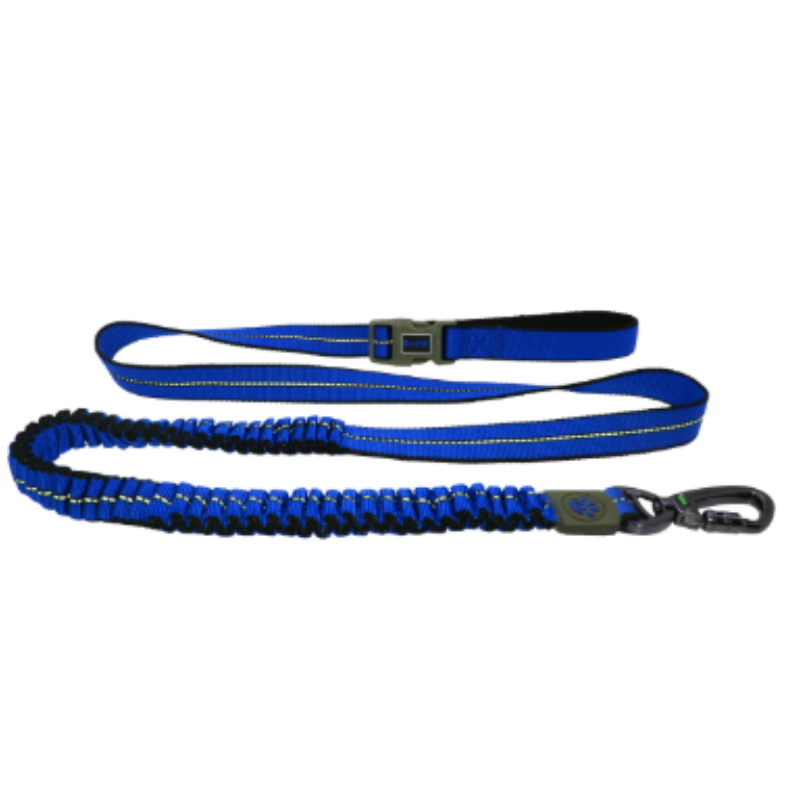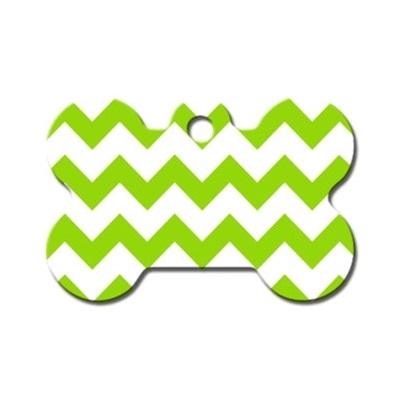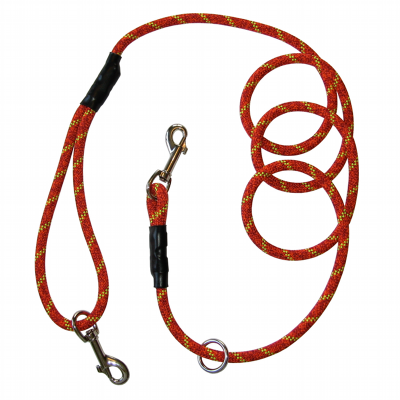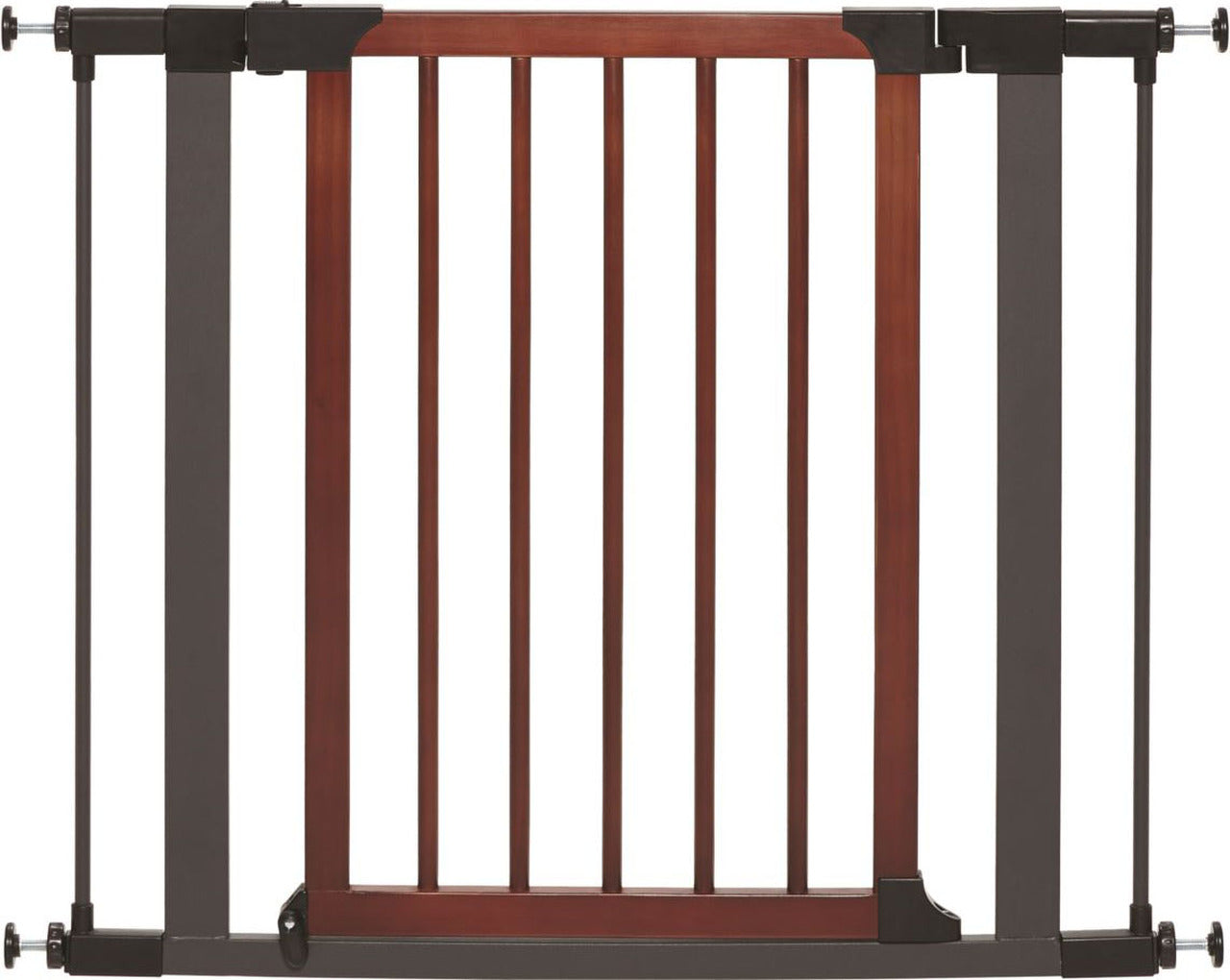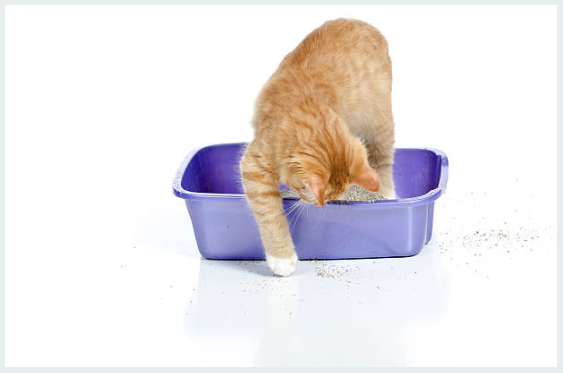Frequently Asked Questions
1. What age is considered senior for pets?
2. Why is proper nutrition important for senior pets?
3. What should I focus on in my senior pet's diet?
4. How can I monitor my senior pet's weight?
5. When should I consult a veterinarian regarding my senior pet's health?
As our furry friends age, their nutritional needs change substantially. Senior pets require special attention to their diet to maintain not just their health but also their happiness. This blog post will delve into practical tips for ensuring optimal nutrition for your senior pets, helping you enrich their golden years!
Understanding Senior Pet Nutrition
Before diving into specific tips, it’s crucial to understand what constitutes senior pet nutrition. Pets are typically considered 'senior' when they reach about 7 years of age, but this can vary depending on the breed and their unique health circumstances. Just as human nutrition evolves with age, your pet’s dietary needs will also shift.
Why Is Proper Nutrition Important?
The importance of proper nutrition in senior pets cannot be overstated. Adequate nutrients help prevent health issues such as obesity, arthritis, dental problems, and kidney disease. Furthermore, a balanced diet contributes to improved mobility, energy levels, and overall quality of life. Here are several tips to ensure your senior pet gets the nutrients they need.
Focus on High-Quality Proteins
As pets age, preserving muscle mass becomes vital. High-quality protein sources are crucial in senior diets as they help maintain lean muscle while supporting overall body function. Look for diets that incorporate easily digestible proteins, such as chicken, turkey, or fish, to enhance your pet's health.
Monitor Protein Levels
While protein is essential, it's important to **balance protein levels** appropriate for your pet’s health condition. Some senior pets may require less protein due to compromised kidney function, so consulting with your veterinarian before making significant dietary changes is advisable.
Don’t Forget Healthy Fats
Fats are a fundamental component of any diet, and for senior pets, the right fats can have a beneficial impact. **Omega-3 fatty acids**, found in fish oil and flaxseed, can assist in reducing inflammation, promoting joint health, and supporting brain function. Aim for a diet that incorporates these healthy fats for your aging furry friend.
Watch Caloric Intake
With the need for calories generally decreasing as pets age, it’s vital to monitor their daily caloric intake closely. Senior pets often slow down, which might lead to weight gain if their diet isn’t adjusted accordingly. Ensure that your pet’s meals are appropriately portioned based on their activity level and health conditions.
Incorporate Fiber for Digestive Health
As dogs and cats age, they can experience digestive issues, making adequate fiber in their diet essential for maintaining a healthy gut. Fiber helps regulate bowel movements and supports the overall digestive system. You can enhance their diet by adding fiber-rich vegetables or specially formulated pet foods that include fiber.
Choose the Right Fiber Sources
- Pumpkin is an excellent source of fiber and can be easily added to meals.
- Green beans and carrots can be good options for both dogs and cats.
- Discuss with your vet about fiber supplements if your pet has special needs.
Prioritize Hydration
Hydration is key in maintaining health, particularly for senior pets. As animals age, their sense of thirst might decrease, making it essential to monitor their water intake. Ensure fresh, clean water is always available, and consider adding moisture to their diet through wet food or broths.
Creative Ways to Increase Water Intake
- Try offering ice cubes made from low-sodium broth.
- Add water to their dry food to create a porridge-like consistency.
- Encourage play with water fountains or pet-safe water levers, which can make drinking more fun.
Consider Joint Supplements
Senior pets often face joint issues, including arthritis, which can greatly affect their mobility and quality of life. Adding joint-supporting supplements, such as glucosamine or chondroitin, to their diet may help reduce discomfort and improve their overall well-being. Always consult with your veterinarian to determine the best options for your specific pet.
Observe Your Pet's Mobility
Pay close attention to any signs of discomfort or difficulty in movement, such as reluctance to jump or play. Adjust their exercise regimen and nutrition based on their changing needs, working closely with your vet for optimum results.
Regular Health Check-Ups
No matter how healthy your pet appears, regular veterinary visits are critical in detecting potential health issues early. Schedule routine check-ups for your aging pet, and work together with your veterinarian to monitor their dietary needs and health changes over time.
What to Expect During Visits
- Your vet may recommend changes to your pet's diet based on their health status.
- Blood tests can help assess kidney, liver, and thyroid function.
- Regular dental examinations can prevent or mitigate oral health issues.
Embrace Variety in Diet
Much like humans, pets benefit from variety in their diet. Offering a range of high-quality foods not only helps to prevent boredom but ensures a well-rounded nutrient intake. Look for various protein sources and mix in some fruits and vegetables for additional vitamins and minerals.
Safe Fruits and Veggies for Your Pet
- Blueberries are rich in antioxidants and make a great treat.
- Carrots are low in calories and can promote dental health.
- Sweet potatoes provide fiber and vitamins without excessive calories.
Monitor Weight Carefully
Weight management is critical for senior pets, as obesity can lead to various health problems. Regularly weigh your pet and take note of any changes to their physique. A healthy weight often translates to a healthier life, and maintaining it can be a simple way to help your senior pet thrive.
Set Realistic Goals
Gradually introducing exercise and dietary changes can be more effective than strict weight-loss plans. Work with your vet to establish a realistic goal for your pet’s ideal weight and track their progress, making adjustments as necessary. Regular short walks, gentle playtime, and appropriate calorie counts can lead to significant improvements.
Make mealtime enjoyable
Your senior pet may experience a decrease in appetite due to health issues or aging. To encourage your pet to eat, try various techniques that make mealtime more enjoyable. Warm their food slightly before serving to enhance its smell, or create a quiet, comfortable environment for dining.
Creative Serving Ideas
- Serve food in smaller, more frequent meals so they aren't overwhelmed.
- Use puzzle feeders to stimulate their brain and make eating a fun challenge.
- Incorporate enticing toppings like bone broth to rouse interest.
Stay Educational and Informed
The world of pet nutrition is always evolving, with new findings regularly published. Stay educated on senior pet nutrition, attending seminars or workshops when possible. Knowledge about your pet's specific needs will empower you to make the best dietary choices for them.
Engage with Pet Nutrition Communities
Joining online forums, social media groups, or pet owner associations can provide invaluable resources and support. These platforms will allow you to share experiences, ask questions, and gain insights from fellow pet owners and veterinarians.
Be Patient and Understanding
As the caregiver of a senior pet, patience is key. Both you and your beloved companion are navigating changes, and there are bound to be bumps along the way. Pay attention to their reaction to dietary changes and maintain a calm demeanor, ensuring your pet feels safe and secure in their environment.
When to Consult a veterinarian
Health issues can arise abruptly, and it’s crucial to know when to consult your vet. If you notice significant weight loss, sudden changes in appetite, lethargy, or unusual behavior, these may be signs of underlying health issues. Prompt veterinary consultation can provide clarity and a game plan for dietary adjustments.
Final Thoughts: Nurturing Your Senior Pet's Health Journey
The journey of caring for a senior pet should be approached with love and attention to their changing needs. By focusing on their nutritional needs, staying engaged with their health, and ensuring their quality of life, you are laying the groundwork for a thriving and joyful golden age. Remember, these tips are merely a starting point! Always personalize your pet's diet to fit their unique needs, keeping their happiness and well-being front and center. Here is to many more wonderful years with your senior furball!


